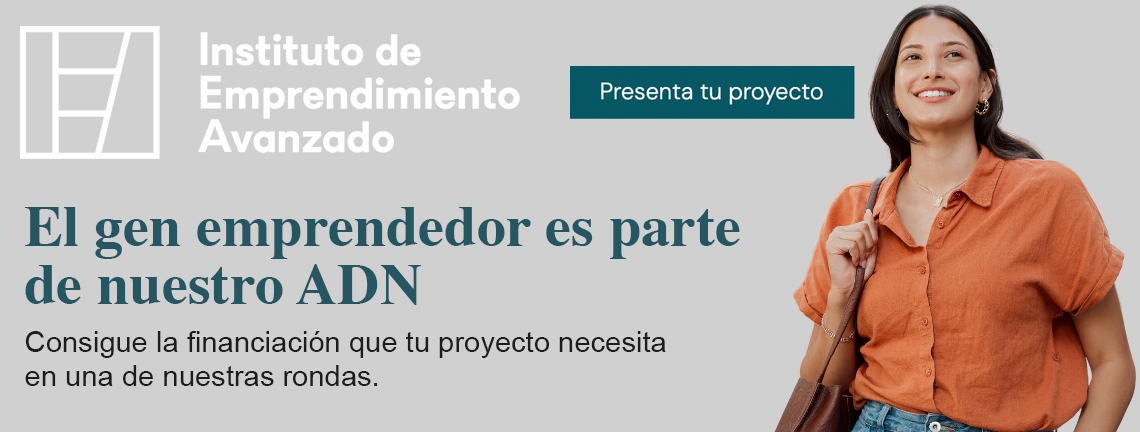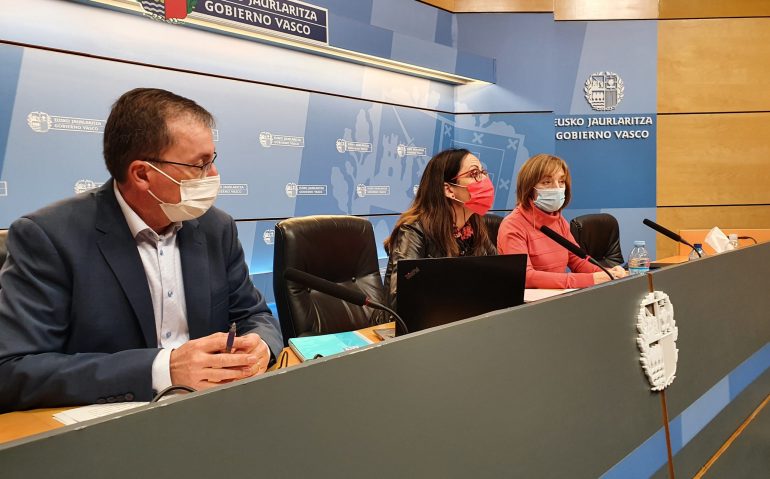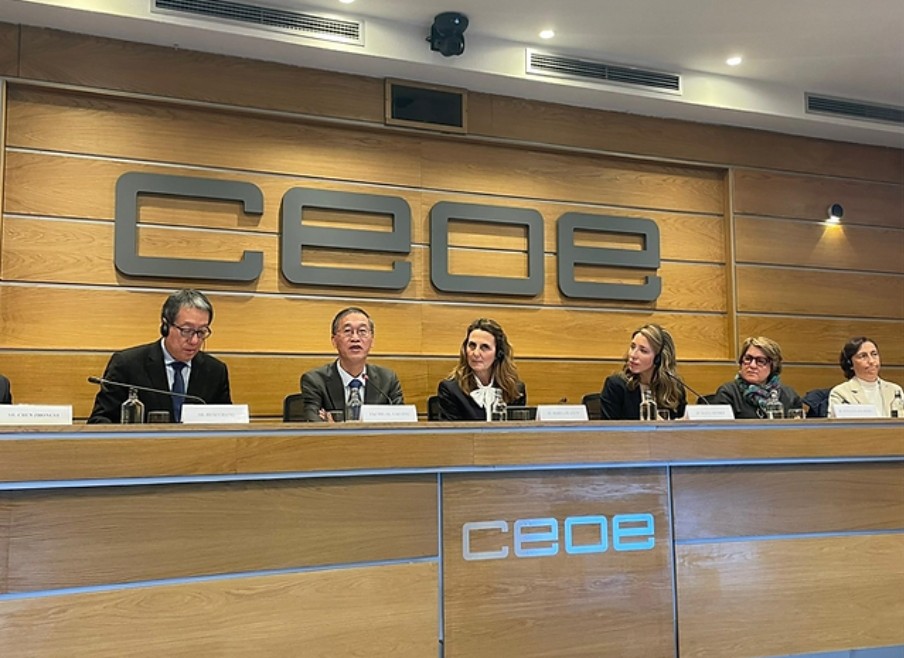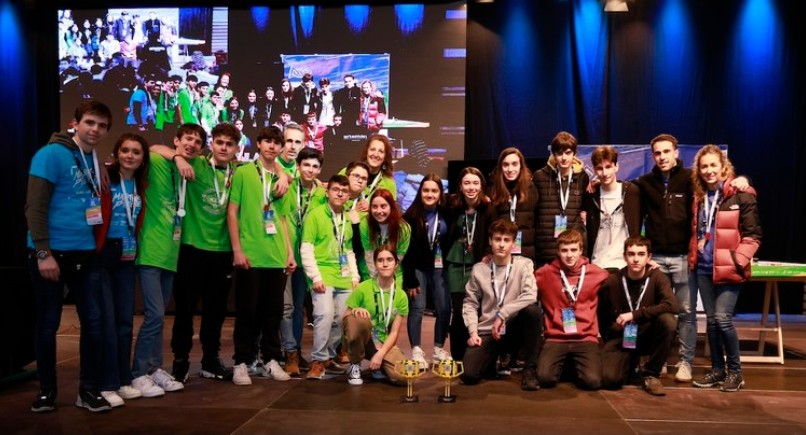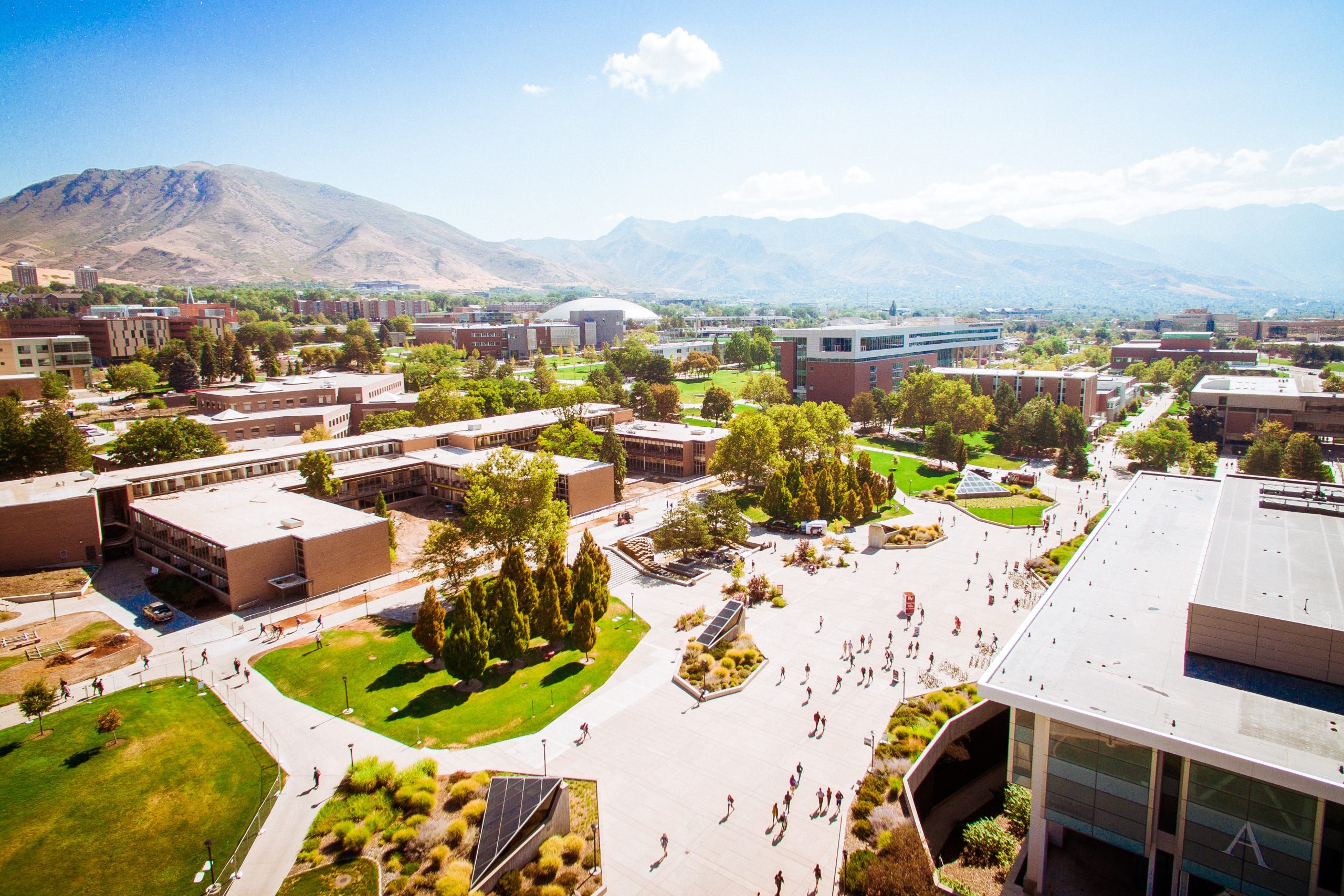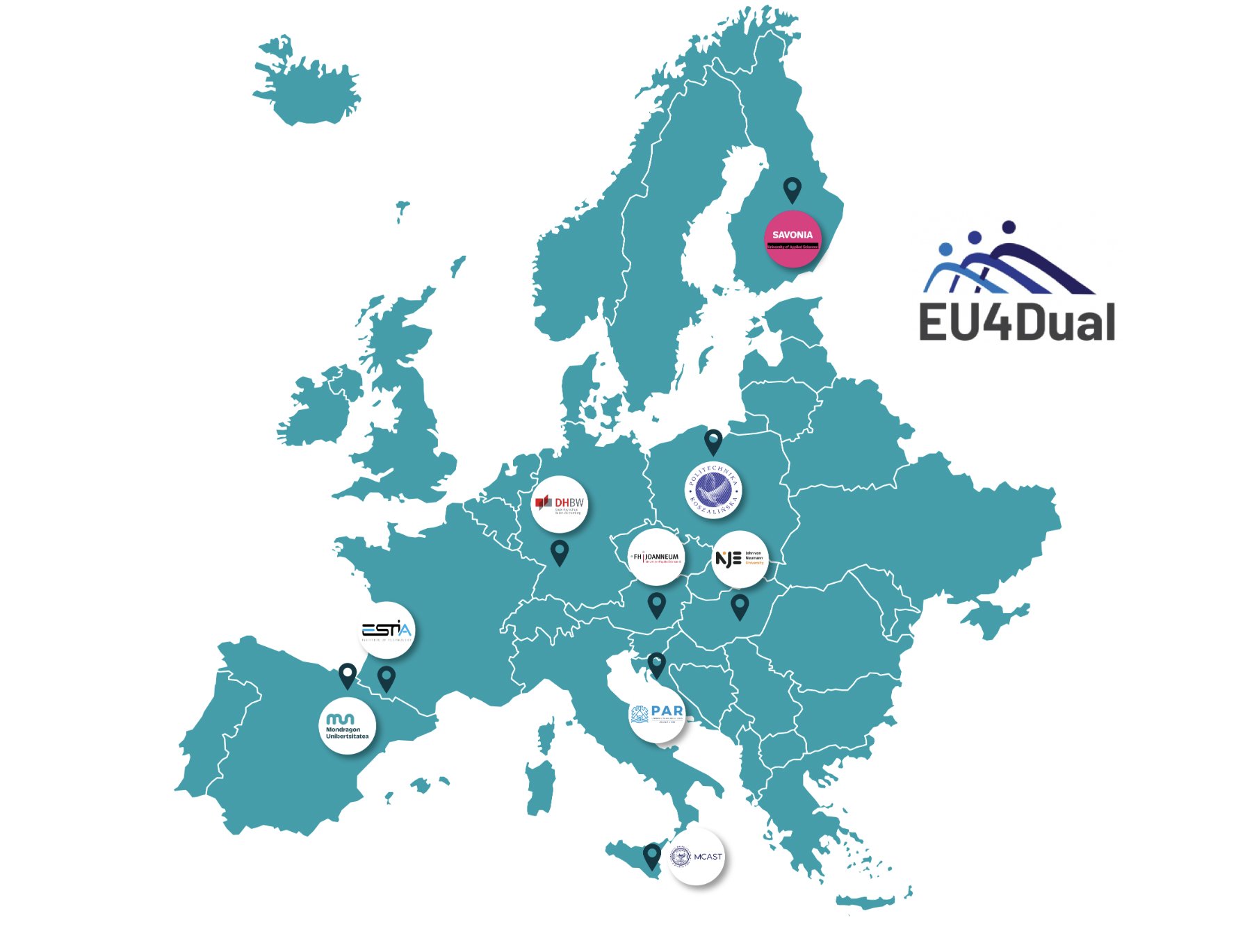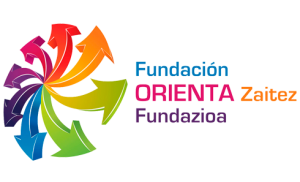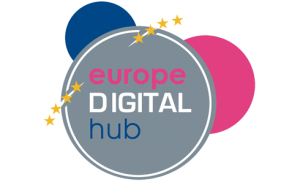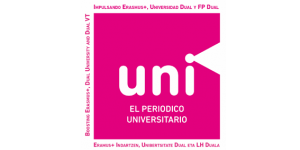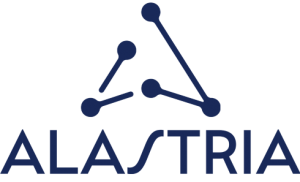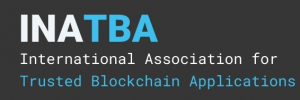By educational stages, the main features and novelties are the following:
- Early Childhood Education
- It focuses on ensuring the development and personal well-being of the child, also guaranteeing the principles of equity and inclusion.
- Seeks to strengthen relations with the natural environment, favoring direct contact with that environment.
- Proposes an educational model in which the child grows in harmony; discovering, enjoying and exploring their surroundings; communicating and imagining reality.
- Primary Education
- Focuses on the transition from Infant to Primary: new pedagogical and organizational measures.
- It is proposed to move gradually towards a scope-based system. In this way, interdisciplinarity between areas and a global vision of knowledge throughout the stage are promoted.
- Civic and ethical values, in 6th grade of Primary. It will have direct continuity in 1st ESO, with the teaching of this same subject.
- The area of “Knowledge of the natural, social and cultural environment” is created by merging the current Natural Sciences and Social Sciences.
- Compulsory Secondary Education
- The transition from Primary to ESO will be taken care of, implementing pedagogical and organizational measures.
- As in Primary, it is proposed to gradually move towards a system based on areas, in 1st and 2nd of ESO.
- The subject of Civic and ethical values, will be taught in 1st of ESO (giving continuity to what was worked in 6th of Primary).
- In 1st and 2nd will be taught subject of Natural Sciences (includes Biology, Geology, Physics and Chemistry).
- The subject Technology and digitalization, will be taught in 2nd and 3rd of ESO. This subject is complemented by the offer of electives in 1st and 4th of ESO.
- Wide range of electives in all courses: Second foreign language; Philosophy applied to personal and social development (in 4th), Digitalization, Technology, Scientific culture, Physical and emotional health…
- High School
- 4 modalities of Baccalaureate: Science and Technology; Humanities and Social Sciences; General; Arts (Plastic Arts; Music/ Performing Arts.
- All Baccalaureate modalities include common subjects:
- 1st year: Physical education; Philosophy; Spanish language; Basque language; Foreign language; Guardianship.
- 2nd year: History of Philosophy; History of Spain; Spanish language and literature; Basque language and literature; Foreign Language, Tutoring.
- Each modality of Baccalaureate also has a series of own subjects or subjects of modality.
- The Baccalaureate also has a wide range of optional subjects, among which are: Second foreign language; History of Euskal Herria; Applied anatomy; Photography; Painting; Laboratory techniques; Social anthropology, oral communication in a foreign language… Within a long list, giving students the opportunity to configure an academic itinerary more in line with their interests.

